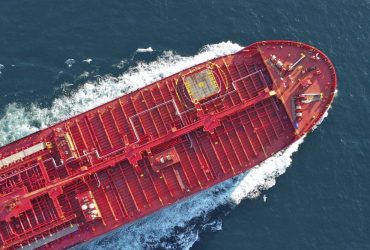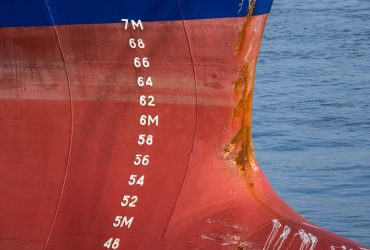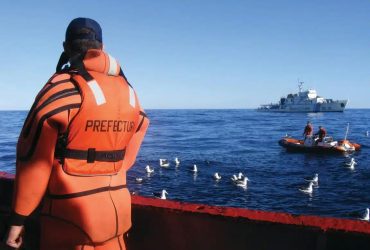Maritime Security Alert: Critical Update on Bunkering Operations in Rada La Plata
The Argentine Naval Prefecture (PNA) has issued a fundamental regulatory update that directly impacts how fuel transfer (bunkering or coaling) operations must be conducted in the Anchorage and Piloting Wait Zone (ZFyEP) of Rada La Plata.
The New Regulatory Framework: DISFC-2025-1462-APN-LPLA#PNA
The Head of the La Plata Prefecture has moved to clarify the regulatory landscape by issuing Disposition DISFC-2025-1462-APN-LPLA\#PNA.
The first action of this new Disposition is to revoke the previous regulation, DISFC-2025-400-APN-LPLA\#PNA, as stipulated in Article 1. This was necessary because the prior regulation led to confusion in the industry, specifically concerning the requirement for an “OSRO Coverage Certificate” for receiving vessels, which is not regulated by the Maritime Authority.
What You Should Know About Operations
Acknowledging that these operations pose a potential risk of water contamination, the Prefecture has reinforced the following mandatory security and notification obligations, based on current regulations:
- Communications and Immediate Response (Article 2): It is imperative that both the start and the completion of the transfer operation be reported to the La Plata Traffic Control Center (L5F). Should any spill occur, this must also be communicated immediately, and the supplying tanker must execute the Emergency Plan established in Ordinance 8/98 (DPAM), with containment and immediate response being the priority.
- Risk Notification (Article 3): Both the supplying and receiving vessels must report any failure or damage that creates a risk of water contamination, in accordance with Article 801.0208 of REGINAVE.
- Meteorological Assessment (Article 4): Operations are only permitted under favorable hydrometeorological conditions. Captains must perform a strict evaluation before starting maneuvers and are obliged to immediately suspend them if conditions deteriorate, ensuring the operation does not affect commercial navigation.
- Liability Not Exempted (Article 5): The PNA is very clear: this disposition does not exempt the vessel’s responsible parties (owners, operators, captains, etc.) from taking other additional security measures. Nor does it absolve them of civil and criminal liability that may arise from a contaminating incident as a result of the operations.
- Validity Period and Sanctions: The granted authorizations will be valid for TWENTY (20) calendar days (Article 7). Furthermore, total or partial non-compliance with the component articles will result in the Maritime Authority immediately suspending the authorization granted (Article 6).
We strongly recommend that you review these points to ensure strict and full compliance with the new Disposition.
From Simonsen, we continue to closely monitor new regulations to keep you constantly updated.
For more information, please find the complete Disposition attached:
http://simonsen.com.ar/wp-content/uploads/2025/11/ec865-di-2025-126932597-apn-lpla_pna-1.pdf
http://simonsen.com.ar/wp-content/uploads/2025/11/a29fc-no-2025-88593740-apn-lplapna-1.pdf




